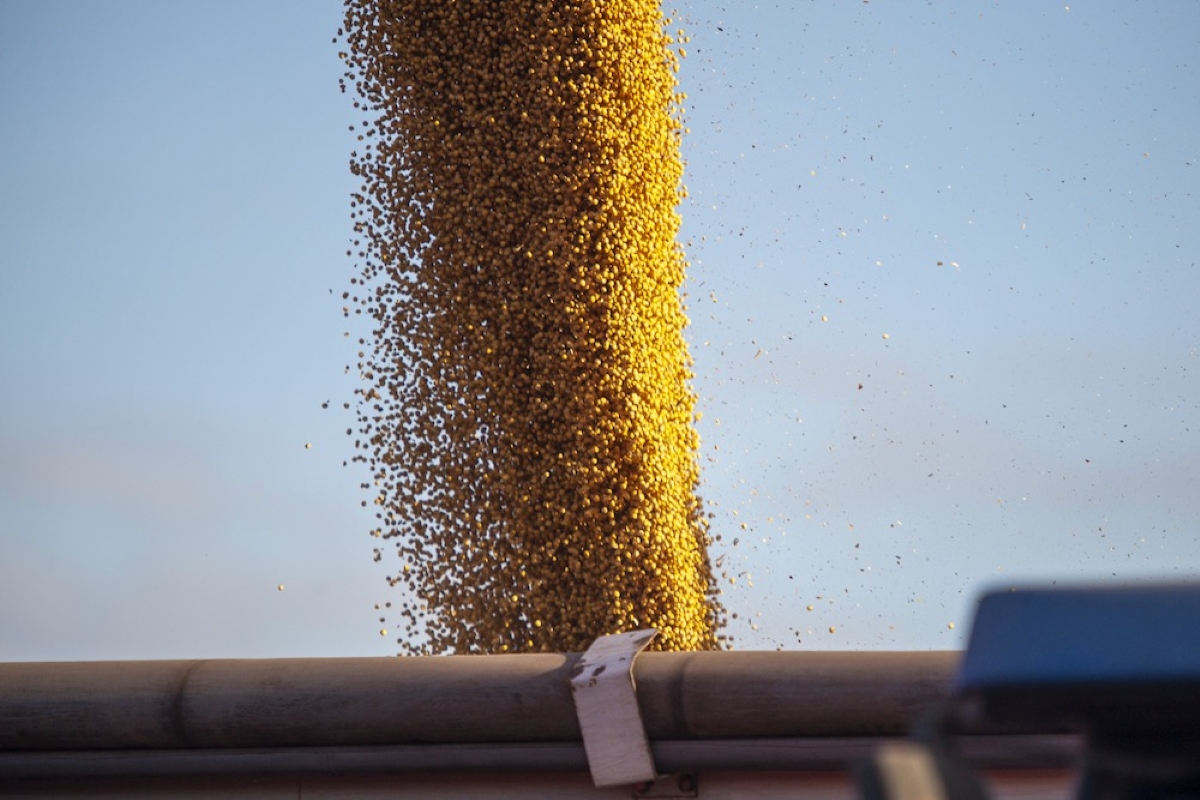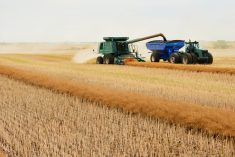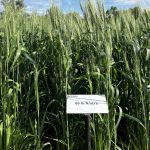Farmers across Manitoba are now cleared to apply spring fertilizers including livestock manure on their fields, thanks to sufficiently warm soil temperatures, the province said Tuesday.
Though the winter nutrient ban has been lifted, the province cautioned producers to “assess current weather conditions and periodically check weather forecasts” if they’re applying anytime between now and April 11.
“Nutrients should not be applied in instances where the weather outlook is unfavourable,” the province said — for example, “a forecast of snow or an appreciable amount of rainfall that would result in runoff.”
Read Also

Brazil to reap record soy crop in 2025/2026, increase exports
Brazil’s Conab said the country will reap a record soybean crop of 177.6 million tons in the 2025/2026 harvest year, according to data released on Thursday.
All other manure management regulations are still in effect, the province added, such as the ban on applications on “sensitive lands along waterways” and on lands classified as Nutrient Management Zone N4.
Typically, the province’s ban on winter application of nitrogen and phosphorus, including manure, is in place between and including Nov. 10 of one year and April 10 the following year — with variances where conditions allow.
The regulation was put in place in 2008 as application of nutrients onto frozen or snow-covered soils “results in an increased risk of nutrient runoff” into Manitoba waterways, which in turn increases algal blooms in Lake Winnipeg and elsewhere. — Glacier FarmMedia Network















